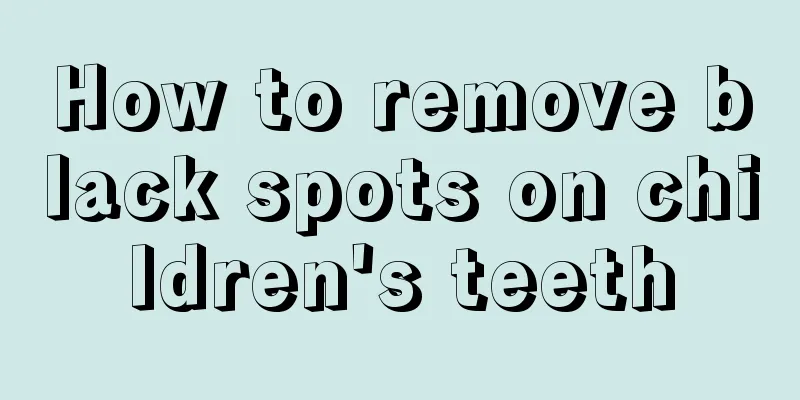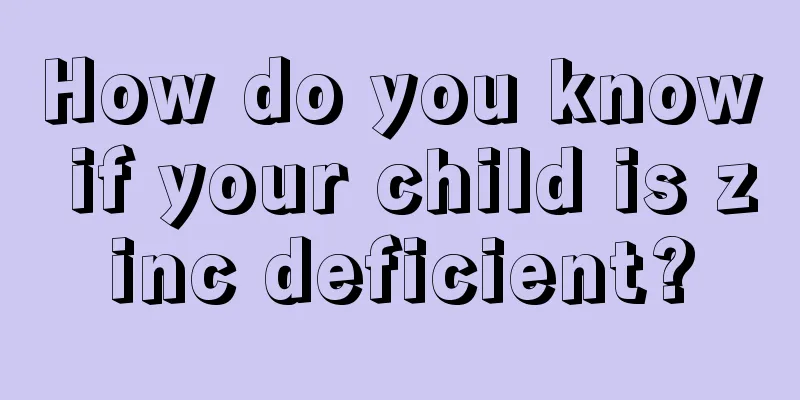When does a child start to lose teeth?

|
Children's tooth replacement is a very important thing. Many parents lack attention to their children's tooth replacement, which often affects their children's tooth development. Therefore, we recommend that parents and friends learn some knowledge about tooth replacement. Parents not only need to know when their children will start to replace their teeth, but also need to know how to take good care of their children during the period of tooth replacement. Normally, at the age of 6 to 7, the deciduous central incisor (central front tooth) of the mandible begins to shake and fall out, and soon the permanent central incisor grows in its place; at the same time, the first molar grows behind the second deciduous molar. After that, the other teeth were replaced one after another. The permanent monocuspids and bicuspids can only grow out after the deciduous teeth in the same position fall out. By the age of 12 to 13, all the deciduous teeth have fallen out and have been replaced by permanent teeth. After that, permanent teeth will grow separately: the second molar will grow behind the first molar at the age of 12 to 14, and the third molar will grow after the age of 18. It is normal for some people to not have third molars. The process of teeth loosening and falling out is generally not painful, but as the baby teeth begin to fall out, the children's "six-year molars" will also grow out, which may cause the gums to swell and cause children to complain of toothache. If the child's pain is severe, he or she needs to see a dentist, who will decide whether anti-inflammatory and analgesic treatment is needed. Newly erupted permanent teeth may not be as white as baby teeth, but the difference is so subtle that almost no one will notice. Also, don't be surprised if your child's new "big teeth" seem out of place on their face, because their heads will continue to develop and their permanent teeth will stop growing. After all, it takes a process to replace teeth. During this period, the child may complain that he cannot chew food. But even if he does not enjoy eating, it is necessary to ensure a reasonable and balanced diet. At this time, parents can make some vegetable soup, broth and other foods that are easy to chew and swallow to ensure the body's needs. At the same time, encourage him to brush his teeth and clean his mouth. Under normal circumstances, children begin to change their teeth at around 6 years old. The deciduous teeth begin to fall out physiologically, and the permanent teeth to replace the deciduous teeth erupt one after another. By the age of 12-13, all the deciduous teeth have been replaced by permanent teeth. This is the period when children change their teeth. Children's tooth replacement is a must for every child. During this period, mothers should pay attention to providing their children with a good diet. |
<<: At what age is it normal for children to change their teeth?
>>: At what age do children start to lose their teeth?
Recommend
Nutritious breakfast recipes for high school students
For high school students, the study pressure is q...
White discharge from the baby's vagina
Parents with babies at home must take good care o...
At what age do girls begin to develop breasts?
Girls generally begin to develop breasts around t...
Birthmarks on baby
Babies are the little angels of every family. If ...
Children will get sick if they get close to this kind of person.
The baby always has a cute little face and is the...
How to treat baby prickly heat
Summer is hot, which is the peak period for babie...
How to deal with children not growing taller
Parents are more worried about their children'...
What is the development standard for babies over five months old?
The baby's development is an issue that every...
What fruits can babies with fever eat?
Every parent hopes that their child can grow up h...
Why are baby's eye bags purple?
If your baby has purple eye bags, it is generally...
Why does the baby suddenly cry when he falls asleep?
The baby fell asleep and suddenly cried loudly. M...
What should I do if my child has recurring allergies?
In modern families, with the popularization of my...
Blue spots around the eyes, nose and mouth of newborn
When the baby is born, the family must be very ha...
Can I turn on the air conditioner when my child is sleeping?
In the hot summer, it is simply impossible to get...
Symptoms and treatment of viral keratitis in children
Viral keratitis is relatively common in clinical ...









